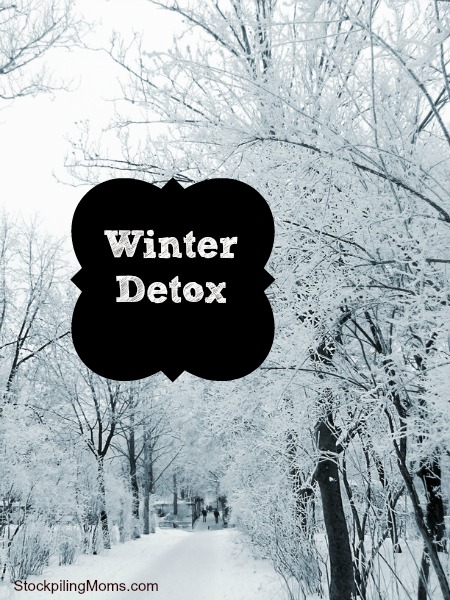How local honey can help with allergies
Prior to going gluten free I really suffered with allergies. After my diagnosis and going 100% gluten free I realized that I had my first spring without allergies. I began using local honey for my tea in January 2012 that I purchased from a local farmer by the suggestion of my chiropractor. For this week’s Health and Wellness Wednesday I asked my chiropractor to share with you some tips for dealing with allergies.
Many of you may feel like our only resort is to down Claritin or Sudafed or other medications when suffering with allergy season. These options are becoming expensive, and are likely to have negative side effects on our body, especially if they are taken long-term. For example, mild side effects from Sudafed can include insomnia, and rash. Serious side effects can include a pounding heartbeat, flu symptoms, severe dizziness and increased blood pressure. I don’t know about you, but when I’m feeling terrible from my allergies, I don’t want to end up feeling even worse from my medicine!
Luckily, we have other natural options for allergy relief than just medication. Honey from local bees can help with your hay fever symptoms without the side effects and cost of medicine. You may ask. “How does this work”? Just like a natural allergy shot! Your hay fever allergies are caused by pollen in your local area. The bees collect this pollen from the local plants, and small amounts of it are transferred to their honey. When you ingest this honey in small amounts, it works like a series of allergy shots, by slowly building up your tolerance to the allergen, and decreasing your allergy symptoms. The best way for this to work is to ingest 2-3 teaspoons of the honey daily for a few months before pollen season.
Honey can also help your allergies in the short term, as it is known to have an anti-inflammatory effect. Take a spoonful before outdoor activities and it might help with your allergies for the day.
Note: Raw honey should not be feed to children under the age of one. Honey normally cannot support bacteria, but one bacteria that can survive and is usually benign, C. botulinum, can be dangerous to infants. By the age of one, the immune system of most infants is developed enough to resist the bacteria. – Stephanie Slater, Greenster Magazine
If you have any questions about local honey or other natural alternatives please call Dr. Dierdra at Cornerstone Family Chiropractic, (859) 815-9371.
Dr. Robison attended Wilmington College, in Wilmington Ohio. At Wilmington College, she studied athletic training and would later graduate Summa Cum Laude, with a Bachelor of Science degree. She then attended Logan College of Chiropractic where she earned her Doctorate of Chiropractic (DC) degree. While at Logan Dr. Robison took a special interest in the realms of nutrition, pregnancy and pediatric care. She obtained advanced training in Nutrition and also completed all the coursework to obtain her diploma in chiropractic care for the pediatric population from the Academy Council of Chiropractic Pediatrics. Dr. Robison also has a passion for working with women and children.
Disclaimer: We are not providing medical advice.
Other Posts You May Enjoy:

Melissa is a football and soccer mom who has been married to her best friend for 24 years. She loves sharing recipes, travel reviews and tips that focus on helping busy families make memories.







